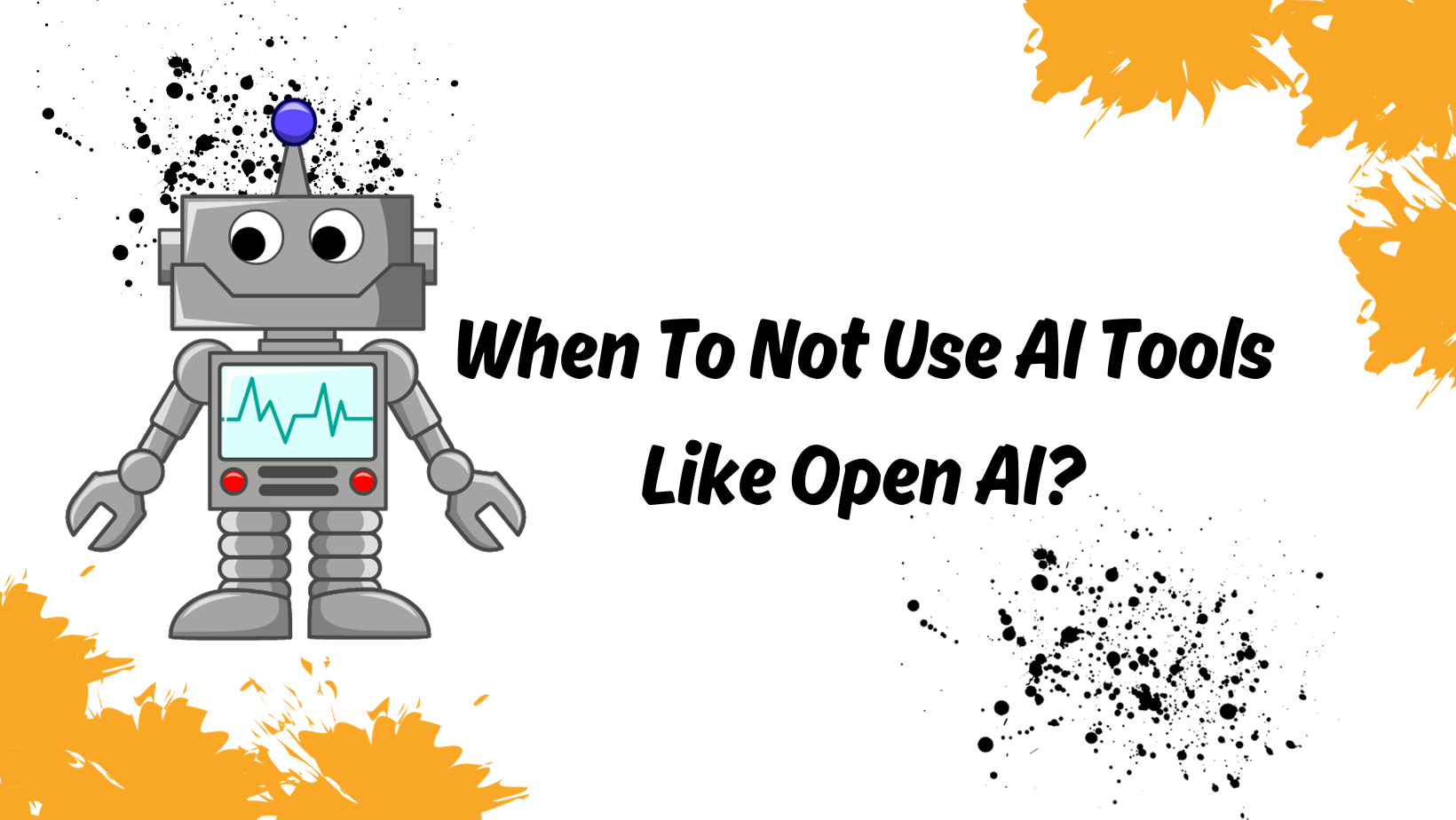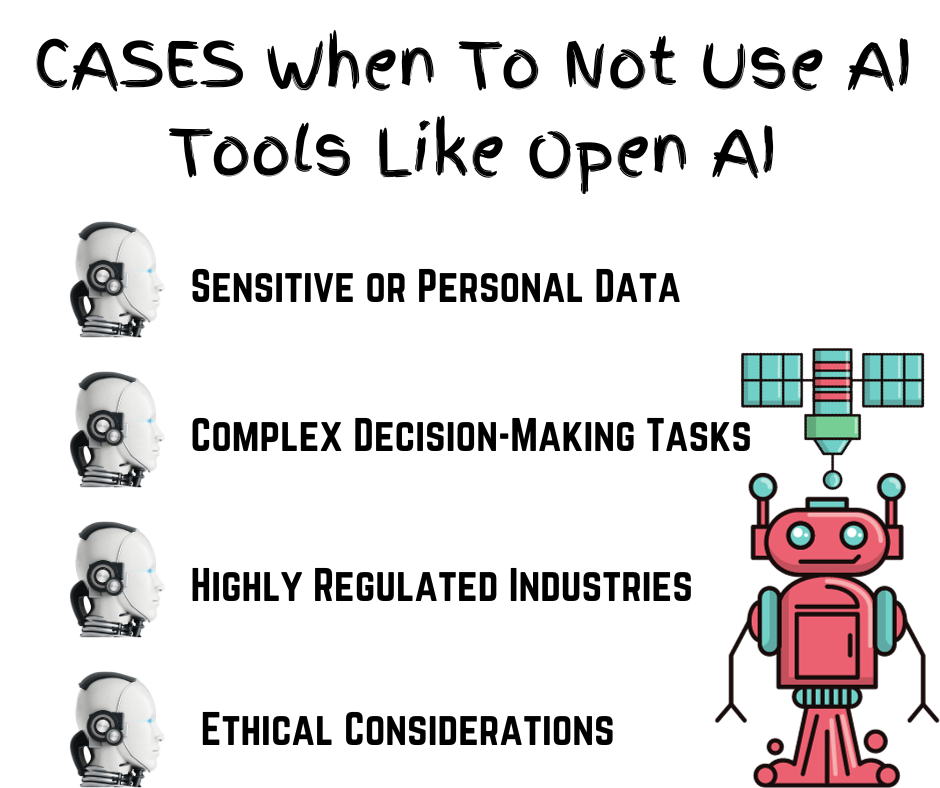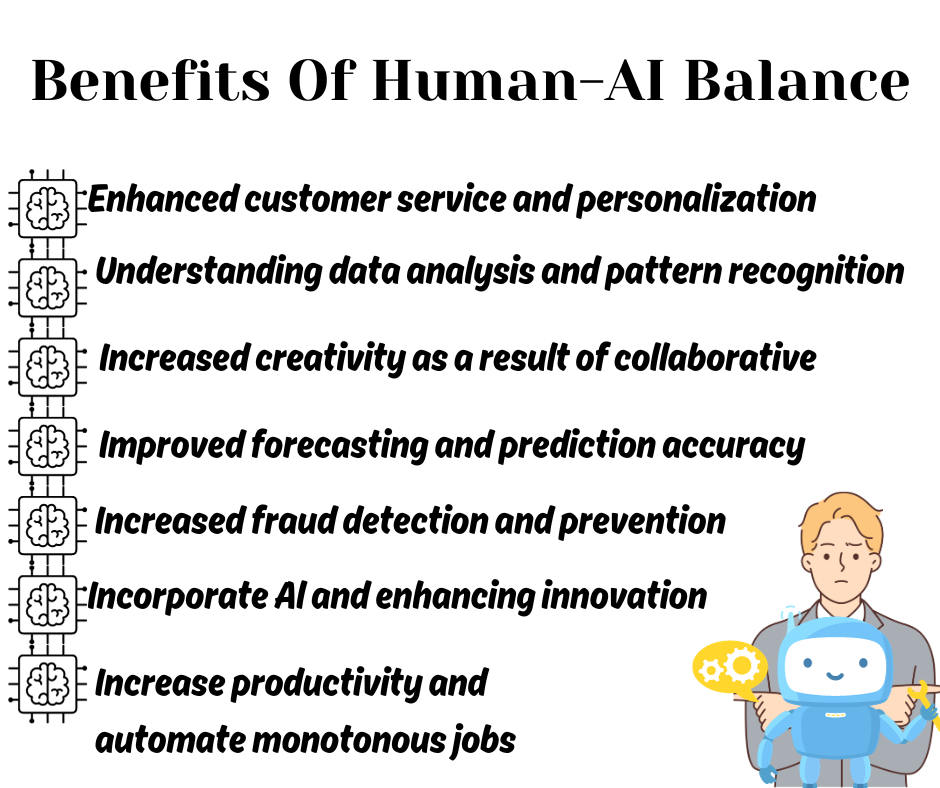Artificial Intelligence (AI) tools are software applications that use advanced machine learning algorithms and natural language processing capabilities to perform tasks. These tools can automate various processes, analyze and interpret large amounts of data, and even engage in human-like interactions.
AI tools have become increasingly popular in recent years, and their adoption is expected to continue growing at a rapid pace.
With the increasing sophistication of AI technology, it is not surprising that many experts predict that AI will eventually take over many of the tasks currently performed by humans in different fields.
From healthcare and finance to manufacturing and customer service, AI tools are being used to optimize processes, increase efficiency, and improve overall performance.
With the many benefits that AI offers, it is no wonder that more and more businesses are turning to these tools to gain a competitive edge in their respective industries.
AI tools are set to revolutionize the way we work and live, and their impact on society is expected to be far-reaching and transformative. We know when and how to use AI tools. Let us now discuss When To Not Use AI Tools Like Open AI.

Page Contents:
Importance Of Knowing When Not To Use AI Tools
In the present era, AI tools have become an integral part of our lives, and their usage has increased tremendously in almost every field. It’s essential to understand that AI is not a one-stop-shop solution that can be used in all scenarios.
While AI can provide us with insights and solutions that are challenging to obtain through human intelligence, there are situations where human judgment and reasoning are far more effective in decision-making.
For instance, when it comes to making ethical or moral decisions or handling sensitive data, AI tools may not be appropriate.
AI lacks the emotional quotient and subjective thinking that a human mind possesses, essential in scenarios requiring empathy and ethical decision-making. Therefore, in such cases, human involvement is crucial to ensure fair and just outcomes.
Moreover, AI tools can also be biased, which can lead to inaccurate results and decisions. This is because AI algorithms are based on the data they are trained on, and if the data is biased, the results will also be biased.
Hence, it’s crucial to be mindful of the data used to train the AI tools and ensure that it’s unbiased and diverse.
Therefore, it’s vital to understand the limitations of AI and make informed decisions about when and where to use it. AI should be used to enhance human intelligence and not replace it. By using AI tools wisely and in the right context, we can leverage its benefits and avoid its limitations.
When To Not Use AI Tools Like Open AI?
There are certain scenarios where it is not recommended to utilize open AI tools. These situations may vary and can depend on several factors, such as the sensitivity of the data being processed, the intended use of the AI-generated output, and the reliability and accuracy of the chosen AI model.
For instance, in industries that handle confidential information, such as healthcare or finance, it may not be advisable to use open AI tools due to the risk of data breaches or unauthorized access.
Similarly, in critical applications such as autonomous vehicles or medical diagnosis, using an unreliable or inaccurate AI model may lead to risks to human safety.
Therefore, it is crucial to carefully evaluate the suitability of open AI tools in each specific case and to prioritize safety, security, and ethical considerations when making a decision. The following are some cases where it is preferred Not to Use AI Tools Like Open AI.
Sensitive or Personal Data
Open AI tools may not be the best option when dealing with sensitive or personal data. Such data can be vulnerable to data breaches and can cause privacy violations.
In such cases, it is advisable to use AI tools with higher security measures or to restrict access to the data. Do Not Use AI Tools Like Open AI when you are dealing with sensitive data and personal data.

Complex Decision-Making Tasks
Open AI tools may not be the best option for complex decision-making tasks. Such tasks require a high level of human intelligence and intuition, which may not be possible for AI tools to replicate. Artificial learning is based on pre-stuffed data.
Open AI tools suggest possible decisions with their prior knowledge which may and may not be used fully for the current situation. However, AI can be like humans but it doesn’t have an emotional quotient.
Decision-making requires emotional and moral-based decisions which is possible only with human intelligence. In such cases, it is advisable to use AI tools in conjunction with human expertise to make the best decisions.
Highly Regulated Industries
In industries that are highly regulated, like the finance sector, it is not advisable to use open AI tools. These industries require strict compliance with regulations, and open AI tools may not be able to provide the necessary level of monitoring.
Lack of Training Data Open AI tools requires a large amount of training data to function effectively. In cases where the required data is not available, open AI tools may not be the best option.
Therefore, it is best to not use AI tools that can function with less data or to acquire more data before using open AI tools.
Ethical Considerations
Ethical considerations should always be taken into account when using open AI tools. When the training data is biased or incomplete hence the AI so formed will also give biased outcomes. These will be considered unethical because the open AI fails to provide the neutral outcomes of a task.
Some examples of unethical AIs may be, an AI tool suggesting only one eCommerce platform. or writing an article on only the advantages or the disadvantages of a topic. Hence, AI should be supervised by humans.
Benefits of human decision-making over open AI
Human decision-making possesses several advantages over open AI. Humans can be flexible and adaptable to changing situations. They can adjust their decision-making process based on new information or unexpected events.
This is something that open AI systems may struggle with, as they are often programmed to follow a specific set of rules and algorithms.
Humans possess emotional intelligence, which allows them to understand and empathize with others. This is an essential skill in decision-making, as it helps to build trust and rapport with clients or stakeholders.
Open AI systems are not capable of such emotional intelligence, which may limit their effectiveness in certain situations
Humans have intuition and creativity, which can lead to innovative solutions to complex problems. This is something that open AI systems may lack, as they rely on pre-programmed algorithms and data analysis to make decisions.
Human decision-making can help to build trust with clients and stakeholders. It allows for personal connections and interactions that are not possible with open AI systems.
This is particularly important in areas such as customer service, where building trust and rapport is essential for success. while open AI systems have several advantages, human decision-making possesses unique strengths that cannot be replicated by technology.

Importance of balancing AI and human decision-making
As AI technology continues to advance, it has become increasingly common for businesses to rely on automated decision-making processes.
While these processes can be extremely efficient, they raise important questions about the role of human decision-making in the modern workplace.
Many experts argue that while AI can be a valuable tool, it should always be used in conjunction with human decision-making to ensure that the decisions being made align with the values and priorities of the organization.
Balancing AI and human decision-making can help organizations avoid potential biases and errors that can occur when relying solely on automated processes.
By utilizing the unique strengths of both AI and humans, businesses can create decision-making processes that are both efficient and effective, while also being fair, transparent, and aligned with the organization’s goals.